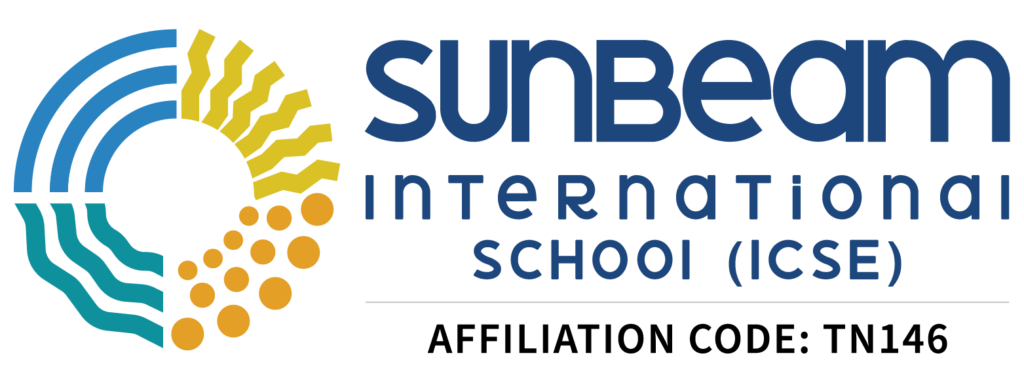
Certain skills have retained their importance in the world, no matter the generation or the advancement in AI and tech. These are evergreen skills that have always proved to be useful for people in every field. Time management is one of them. The earlier we learn, the better. Hence, schools and caregivers should teach students study skills and time management from an early age so that by the time they grow up, they can efficiently manage their tasks.
In this article, we highlight some techniques that can effectively teach students essential study skills and time management.

#1 Understanding what students need
The first step towards implementing any plan is to understand and acknowledge what students need. This involves spending time with each one of them, building a healthy rapport and gathering insight into their skills. With this data in hand, you can plan your approach.
#2 Prioritizing tasks
Students have to juggle many responsibilities simultaneously. Talk to them about what tasks they think should be done first. For example, if they have an assignment due the next day and a test in two weeks, ask them what they think requires their immediate attention. Giving them the opportunity to solve such scenarios will help them understand how to prioritize even in future.
#3 Organization
Asking students to estimate the time they believe a task will take can help them organize better. If they take longer, they will learn to keep aside more time. Conversely, if they complete it early, they will learn to prioritize accordingly. Starting this gradually in class and later applying it to homework and other objects will allow them to reflect and anticipate the time and effort required for an activity.

#4 Setting goals- short and long
One of the effective ways to enhance student productivity is to teach them how to break a task into smaller, more manageable tasks. For example, if they have to study a lesson, explain how they can break it into smaller sections and complete each section in a given time. Accomplishing smaller goals will eventually lead to completion of the larger one. They will not be overwhelmed by a significant load and can also reward themselves after each section to keep the exercise light.
#5 Taking notes
Perhaps the most important skill, in general, is to take written notes. Writing helps our brain retain information better. Teaching students early on to jot down vital information (teaching notes, homework, project due date, something they have to bring to school the next day etc.) will help them later in life. The note-taking habit— whether electronically or on pen and paper— is used everywhere and is a skill best developed early.
All these techniques round up to the larger skill of time management. Students can learn to appreciate time and use it judiciously. But it’s not all about mapping every activity down to the second. They should be taught to put their well-being first. Hence, teaching them to incorporate time for themselves or their favourite activity will allow them to have fun along the way.


